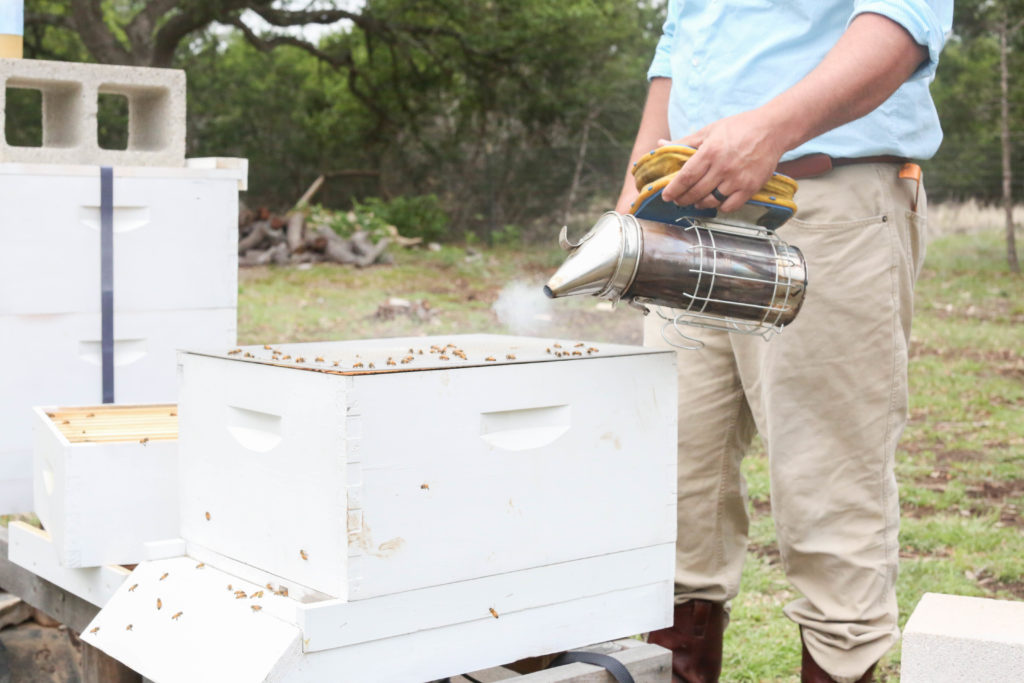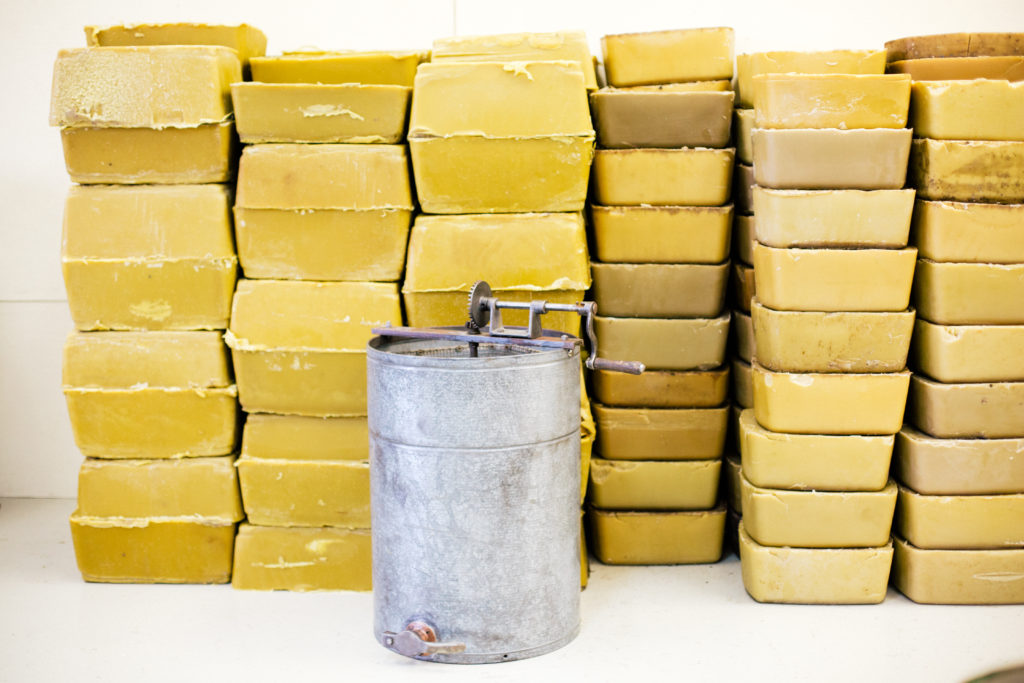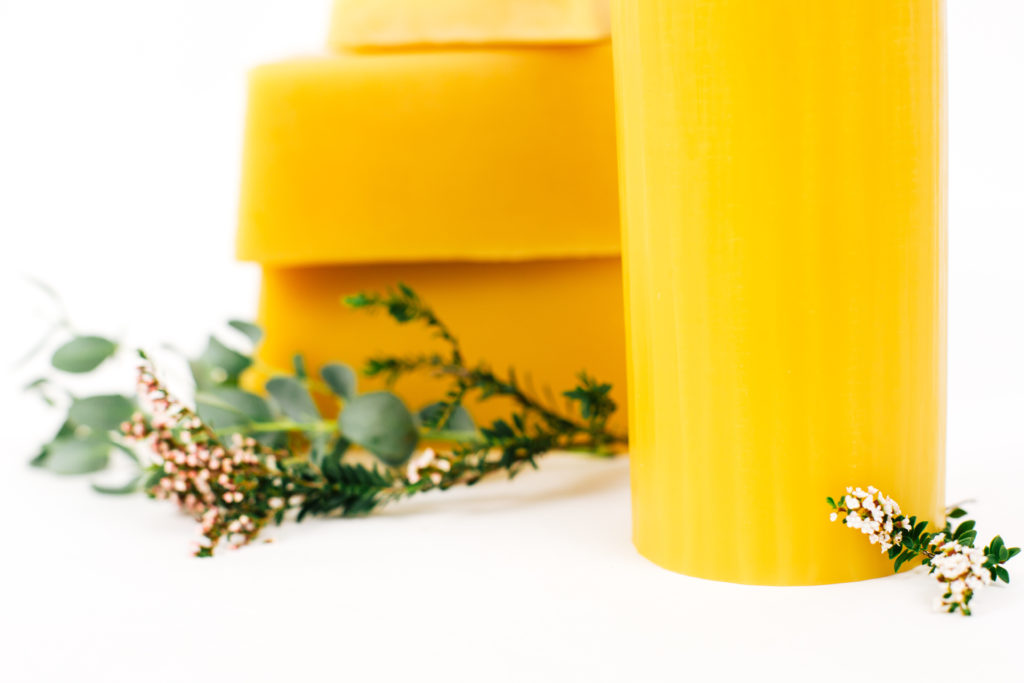Pure Beeswax vs. Organic Beeswax
How is pure beeswax different from organic beeswax? We’re asked this question all the time. The answer is important, and it also relates to pure honey versus organic honey, so listen up:
When you’re into health and wellness, looking for certified organic products can be a great way to ensure that what you’re consuming (or breathing in or putting onto your skin) is good for you. But bee byproducts like beeswax and honey are different.
Legitimately organic beeswax is nearly impossible to produce. That’s because honeybees really get around. They’ve been known to travel from a half mile to more than 8 miles away from the hive. What beekeeper can ensure their bees will only be exposed to organic plants within an 8-mile radius of their hives? Not many.

This classic Scientific American article by Alex Wild at the University of Texas explains more about this and other barriers to ensuring honey (and beeswax) can be truly organic.
“Most beekeepers operate within a bee’s flight of pesticides… making ‘organic’ honey an illusory proposition,” he writes.
He goes on to explain another challenge with beeswax itself. “The hydrocarbon chains of beeswax itself retain certain pesticides, including those used by conventional beekeepers against the ubiquitous Varroa mite. Over time pesticide residues accumulate in the combs, so chemicals linger or build for years beyond the original applications. By itself this might not present a problem for aspiring organic beekeepers, except that beekeepers routinely buy and sell wax as starter comb. A recent survey of pesticides in commercially-available beeswax recorded an astounding 98% of samples contaminated with miticides. An organic beekeeper who refrains from chemical pest control and situates her hives somewhere off in the wilderness is still going to have pesticide contamination unless she also abstains from using the omnipresent (and very useful) wax starter foundation.”
But if an organic beeswax product is labeled as such, doesn’t it need to be, well, organic?

Unfortunately, no. The industry is still vastly unregulated. Most offenders in this area deal in imported beeswax, where anything goes. Some beeswax may be labeled organic when it really isn’t. Other beeswax may be secretly “cut” with additives like paraffin to reduce its cost. Still other beeswax contains pesticides and other contaminants banned in the U.S. but legal in exporting countries like Brazil.
The sad truth is that some countries allow producers to label certain products like beeswax as being organic when, in fact, it may be more contaminated than a typical non-organic sample from the U.S.
For more on these shocking truths, read our report: Imported Beeswax: The Hidden Dangers.
But don’t despair. Reputable beeswax companies like ours are careful about the beekeepers we work with, will painstakingly work to siphon out impurities from our products, and never add artificial ingredients or toxic colorants. Learn more about the process here.

It’s why we proudly declare our candles and bulk products to be 100% pure beeswax.
For now, we recommend not getting too obsessed with the “organic beeswax” label but, instead, look at who the company is, where they source their beeswax, and how they process it. That’ll give you a better idea of how pure and natural the beeswax may be.

